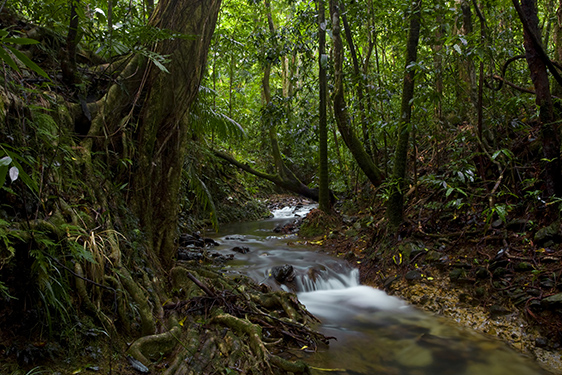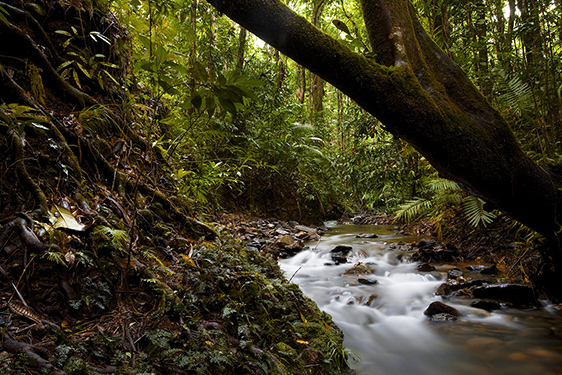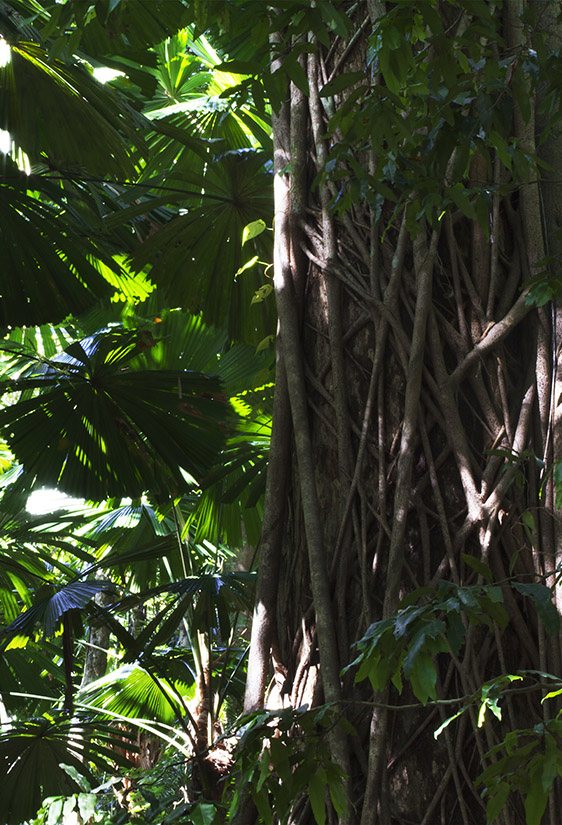THE BINDING LAWS OF NATURE
Belonging to both the natural world and also to their own person, humans are beset with the existential challenge of serving two masters and being loyal to both. Acculturated and regulated out-of-step with this disciplinary requirement under natural law, the vast majority of Australians differ starkly from Indigenous members of the oldest and longest surviving human cultures in the world, whose dual servitude was resolved naturally, at least until the disciplinary imposition of Sovereignty. As a long-term World Heritage inhabitant, at arguably the more progressive end of Australia’s enviro-regulatory spectrum, I have found myself subject to these concurrent, but not necessarily congruent, authorities.
REPORTING REQUIREMENT FOR OUTSTANDING ANOMALIES FOR WORLD HERITAGE MANAGEMENT
I must confess that my country’s disciplinary inertia is not so easily swayed from the isolation and inimitability of Maja-Jalunji. Admittedly, my frustrations are but a shadow of the difficulties experienced by members of Australia’s Indigenous cultures, displaced as they were from natural habitats under the stated intention of Sovereign protection; nevertheless, my legislatively authorised World Heritage inhabitancy possesses both the language of the country’s majority culture and also the statutory responsibility to properly report.
INTERGENERATIONAL EQUITY
Australia’s Intergovernmental Agreement on the Environment 1992, binds all parties to the principle of intergenerational equity, requiring the present generation to ensure that the health, diversity and productivity of the environment is maintained or enhanced for the benefit of future generations.
Detached from the chemical conversations of a corresponding natural habitat, human language is robbed of the requirement to be constantly grounded in environmental truth. Such severance leads both individually and collectively to a state of emotional turmoil, which has, at its foundations, the depressive qualities of enmity and unfairness.
“Robbing humanity of nature is akin to asphyxiation, with blood running less red and the most fundamental tasks becoming increasingly tiresome.”
“The constant stream of sensations, enriched with the rewarding currents of prudence, beauty, vitality, language, spirituality and prospect, are replaced with comparatively stagnant landscapes, stripped of their original inhabitants and built upon with a preponderance of inanimate structures and the fading residue of life that once thrived.”
“Generations of memory, so richly rewarded with corresponding emotion, are stripped of environmental repository and supplanted with deprivation.”




